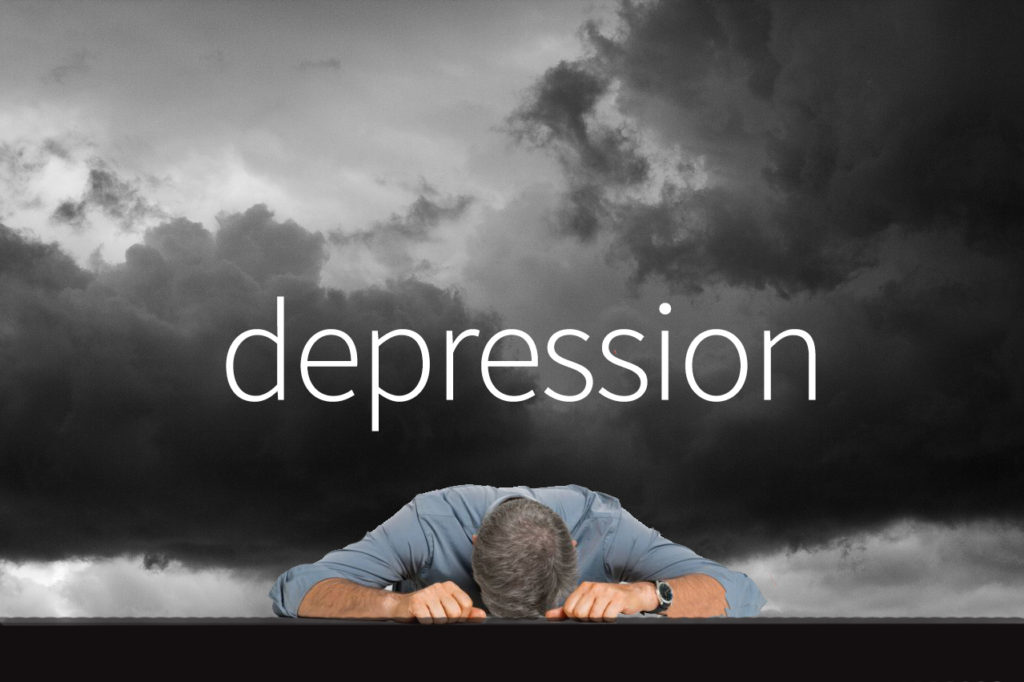What is Depression?
Treating depression is very important for psychiatric as well as other neurological and physiological reasons. There are many different causes of depression and varying degrees as well. Untreated depression can be very serious, this will be addressed towards the end of this article with regards to the effects of depression and hippocampal volume loss. Additionally the overall immune system suffers from depression thus making someone who is not being treated for depression more susceptible to other illnesses. What is depression? The truth be known, many people suffering with depression don’t even know it. Their lives have been “as good as it gets” and they don’t know what it is like to live a life free of depression. Depression and anxiety often have similar symptoms so understanding these symptoms are critical to seeking help; which entails diagnosing and proper treatment. This is especially the case in differentiating between clinical depression and situational depression. Depression is a physical illness as with most mental disorders. The PET scan of the brain of a depressed person is much different from that of someone who is not suffering from depression. Most mental illnesses have a basis in physiology and should not be confused with psychological or personality disorders. Finding the causes of depression is crucial in depression treatment. Treating depression begins with a complete physical history, psychiatric evaluation in an attempt to discover the causes of the depression so that the best treatment option can be applied which will yield the best prognosis. Depression is very treatable and with today’s medications, the success rate is often near 90% with the first line of treatment (assuming the practitioner has the judgment, discernment, and experience).
Looking for the Causes of Depression
When doing an initial evaluation I will first be looking for medical causes (i.e. problems with the thyroid gland, diabetes, medication issues…). We also know that genetics plays a role in depression as well as early fetal and child development. So, I will be looking to see if your family members have had or do have depression because if they do, it will put you at greater risk of having depression. Sometimes the changing of the seasons can trigger a depressive episode or bipolar disorder. Living in the Scottsdale or Phoenix area can often mitigate these episodes for obvious reasons. Environment plays a substantial role in all mental illnesses and the debate between genetics and environment is as old as the feud between the Hatfield and Mc Coys! I believe that with most mental illnesses, the environment can affect the genetics behind these diseases and even stress can affect a developing brain in young adults as well as those who suffer from traumatic stress.
We know that psychological abuse, personal conflicts, major events in your life, death or loss can make one more vulnerable to depression. A history of drug or alcohol abuse can make you susceptible as well. So as your doctor, I will be exploring these issues as well. Depression is a chemical imbalance caused by the aforesaid reasons of body chemistry, stress, menopause, genetics, and other issues. We think that depression is caused by a deficiency of the neuro-transmitters in the brain (i.e. serotonin, norepinephrine, and dopamine) which cause the symptoms of low mood or apathy, decreased energy and motivation, feelings of worthlessness or excessive feelings of guilt, psychomotor agitation or retardation, poor concentration and memory, a change in appetite with weight gain or loss; and a change in sleep with either hypersomnia or hyposomnia. These symptoms must be present for a period of two weeks or longer to meet the definition of major depressive disorder. In the more severe cases of depression, patients can have recurrent thoughts of suicide. If anyone in your household has had thoughts of suicide it is important to remove any firearms or other instruments that might be a danger to them.
We know that if a person has repeated severe stressors in their life and they have a genetic predisposition to depression, their risk of developing depression is quite high. When and individual has a single episode of depression the likelihood of subsequent episodes of depression are more likely. Depression can also be viewed as situational or clinical.
Depression Treatment Options
I look forward to working with you back to a life of wellness and hope! Don’t let depression get the best of you – this is a very treatable illness.
If you think you may have Depression, contact me through this link or by calling or by calling (602) 492-6507.
